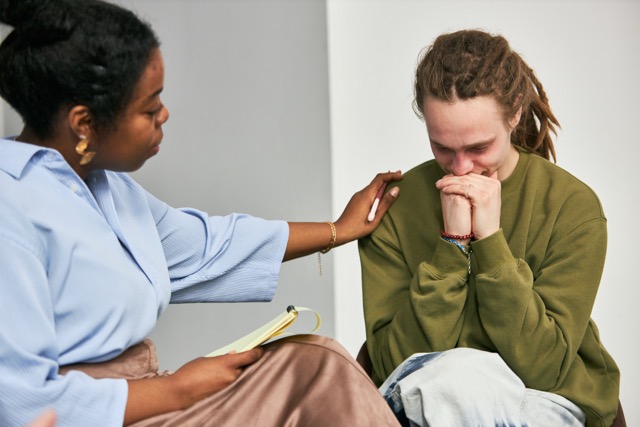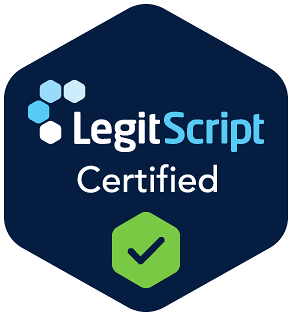Recovery from drug addiction isn’t just about getting sober—it’s about staying sober. And one of the biggest challenges in that journey is the constant battle in your own mind. Even after detox, cravings and intrusive thoughts about using can sneak in when you least expect them. That’s where drug rehabilitation programs play a powerful role—not only in breaking the physical dependence but also in helping you take control of your thoughts.
Why Negative Thoughts Are So Dangerous in Recovery
Negative thoughts in recovery aren’t always obvious. They can start small—an old memory, a stressful day, or a belief that you “can’t handle” life without substances. Left unchecked, these thoughts can spiral into rationalizing, justifying, and eventually using again.
Some common examples include:
- “Just one time won’t hurt.”
- “I can handle it now, I’m stronger.”
- "I’ll never be truly happy without it.”
These thoughts feed relapse. That’s why rehabilitation focuses on not just avoiding drugs physically but also reprogramming your mental habits.
How Rehab Teaches You to Fight Back
- Cognitive Behavioral Therapy (CBT)
CBT is one of the most effective tools in rehab for dealing with negative thinking. It helps you identify distorted thought patterns, challenge them, and replace them with healthier, more empowering beliefs. - Mindfulness and Meditation
Rehab often incorporates mindfulness techniques to help you become more aware of your thoughts without acting on them. This helps you catch a relapse-triggering idea before it gains momentum. - Support Groups and Peer Accountability
Sharing your struggles with people who understand reduces the shame around your thoughts. Others can offer strategies they’ve used to beat the same mental battles. - Stress Management Skills
Many negative thoughts arise during high-stress moments. Rehab programs teach healthy coping mechanisms—exercise, deep breathing, journaling—that reduce the need to turn to drugs. - Personalized Relapse Prevention Plans
Rehabilitation centers help you create a practical, step-by-step plan to follow whenever you’re faced with urges, giving you a roadmap to stay grounded in your recovery.
Replacing the Negative with the Positive
Rehab isn’t about ignoring your thoughts—it’s about transforming them. Over time, you start replacing “I can’t do this” with “I am stronger than my addiction,” and “I need that to cope” with “I have better ways to handle this.” This mindset shift is the real victory of rehabilitation.
Sobriety starts with the decision to quit, but it’s maintained through the ability to silence the voice that tries to pull you back. Drug rehabilitation equips you with the tools, support, and mindset to not just resist cravings but to rewire the way you think entirely. When you change your thoughts, you change your future—and in recovery, that change can mean the difference between relapse and lasting freedom.
If you or someone you love is struggling with addiction, don’t wait. Reach out to a licensed rehab center or helpline.
The road to recovery may be tough, but every step is worth it.
Have your own tips or experiences with recovery? Share them in the comments below!
Let’s support each other.
If you need additional help with recovery, visit us in person or contact us at Hope Haven Recovery.





.webp)
.webp)